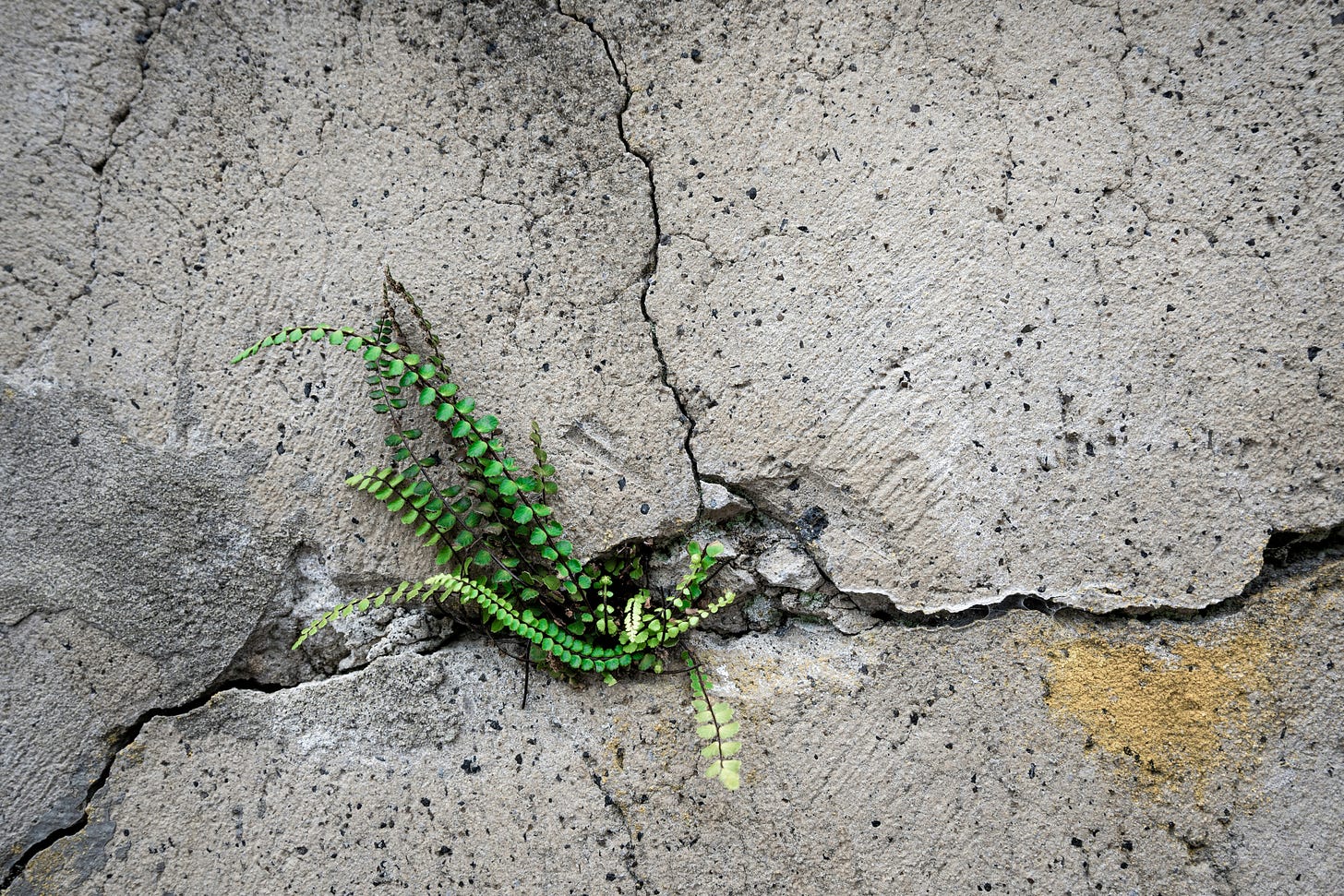Several of Buechner's novels centre on flawed hero Leo Bebb. In this passage, Buechner explains how this “ebullient, crooked, wild, crazy, life-giving Southern man” helped him tell the truth - the whole truth - about himself and glimpse the subterranean grace of God.
“And what happened was, that happened to me-Leo Bebb in a funny way brought me to life. I had sort of written myself into a dead end street as a novelist. The novel before this one was called The Entrance to Porlock, which I suspect few, if any, have read. It was a sort of strangled book. I did the best I could and I took great care with the language, but it somehow brought me to the end of a valley that comes down, no place to go from there, and I was sort of treading water. All of a sudden along came this ebullient, crooked, wild, crazy, life-giving Southern man and he brought me to life. He allowed me for the first time to be funny in books, to let people say outrageous things and do outrageous things. It was a wonderful dream. And it brought me to life, it really did. It gave me a whole new chapter of my life, not just as a writer but almost as a human being.
“Leo Bebb, who had done time for indecent exposure, became a symbol to me because he exposed himself in more ways than that. He was marvelously there, all of him, the good with the bad. He didn't try to hide it. He couldn't hide it. He just came out with what came into his head, and that some-how encouraged me to do the same. I was brought up in New England where one doesn't speak easily about oneself, but it was out of that somehow that grew the autobiographical books where I was willing to expose to the world some of my secrets. And I learned so much from my own creation that one could say I became partly Leo Bebb's creation. I mean, from him I learned to expose myself not as he had, I never ended up in jail-but to tell the truth about myself, to my readers and also, importantly, to myself. And in the telling of my variation of the human story, I discovered cracks in the ground of my life through which I was able to glimpse the subterranean, life-giving grace of God.”
Frederick Buechner, The Remarkable Ordinary: How to Stop, Look, and Listen to Life, Grand Rapids: Zondervan, pp66-67.
To help you reflect….
Practice telling yourself the truth.
Beginning with the words “The truth is….” free write for 10 minutes without pausing to edit or censor yourself.
How does it feel to tell the truth?
Read through what you've written and see if you can catch a glimpse of the subterranean, life-giving grace of God flowing beneath the surface of your story.




